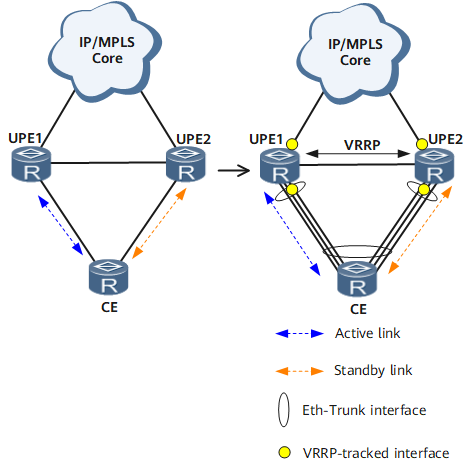|
|
Okay, let's see. The user mentioned "KATA" and wants me to figure out what they need. Hmm, KATA could refer to the Katas in Codewars, right? Those are programming challenges. But maybe there's something else. Let me think.
First, I should check if they're referring to a specific Kata. Since they didn't provide details, I'll assume they need help with a Codewars Kata. But wait, maybe they want to know what a Kata is in general. Let me cover both possibilities.
A Kata is a programming exercise designed to help learners practice and improve their coding skills. They usually have a specific problem to solve, often with constraints or edge cases. For example, a common Kata is the "Hello World" problem, but there are more complex ones like FizzBuzz, Two Sum, or Twofer.
If the user is stuck on a particular Kata, they might need a solution or explanation. But since they didn't specify, I should ask for more details. Alternatively, they might want to know how to approach solving a Kata in general. Let me outline some steps: understand the problem, think of test cases, code a solution, test it, and optimize.
Wait, maybe they have a specific Kata in mind. Let me prompt them to provide the details. That way, I can give a tailored response. For example, if it's the "Two Sum" problem, I can explain how to solve it with different approaches. If it's another problem, adjust accordingly.
Alternatively, maybe they're referring to something else. KATA could be an acronym for another term. Let me double-check. In some contexts, KATA might stand for something else, but in programming, especially in the context of challenges, it's most likely the Codewars Katas.
So, the best approach is to ask the user to specify which Kata they're working on. That way, I can provide a helpful solution or tips. If they don't know, I can explain the general approach to solving Katas. Let me structure my response to cover both possibilities but encourage them to provide more details for a better answer.

It seems you might be referring to Codewars Katas, which are programming challenges designed to help improve coding skills. However, without more context, I'll provide a general guide to solving Katas and offer to help with a specific problem if you provide details.
What is a Kata?
Katas are small, focused exercises (like puzzles) in programming.
They often include constraints, edge cases, and require writing clean, efficient code.
Examples: FizzBuzz, Two Sum, Sum Zero, or Twofer.
How to Approach a Kata:
Read the Problem Carefully: Understand the goal, input/output, and constraints.
Think of Test Cases: Identify edge cases (e.g., empty input, null values).
Plan the Solution: Decide on an algorithm (e.g., brute force, recursion, optimization).
Write Code: Implement the solution, then test it against your test cases.
Optimize: Refine the code for efficiency (time/space complexity).
Example: "Two Sum" Kata
Problem: Given an array of integers and a target sum, return the indices of two numbers that add up to the target.
Solution (Python):
def two_sum(numbers, target):
seen = {}
for i, num in enumerate(numbers):
complement = target - num
if complement in seen:
return [seen[complement], i]
seen[num] = i
return [] # Handle no solution case
Need Help with a Specific Kata?
If you provide the problem statement or link to the Kata, I can help you:
Understand the requirements.
Suggest algorithms or optimizations.
Review your code for correctness.
Let me know how I can assist! 馃槉
|
|